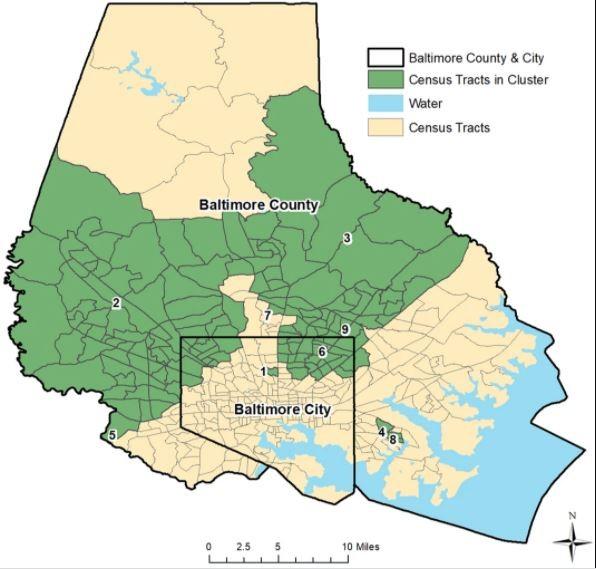
Credit: Robert Stevens
How can scientists predict a covid-19 outbreak? There’s an app for that.
Media Contact: Rachel Butch; [email protected]
“COVID Control” using self-reported virus symptom information could predict next outbreak.
A mobile app that uses crowd-sourced data on COVID-19 symptoms can accurately identify where local coronavirus outbreaks will appear, according to Johns Hopkins Medicine scientists who developed the app.
The Johns Hopkins team launched the “COVID Control” app in May 2020 and have been studying how user-reported COVID-19 symptoms can predict potential outbreaks of the virus, enabling public health leaders to enact measures to contain the virus’ spread. Results of the researchers’ findings were published February 25, in Nature Scientific Reports.
“It’s a really promising example of how we can use public participation and the ubiquity of technology like cell phones to track disease,” says Robert Stevens, M.D., director of anesthesiology and critical care precision medicine at the Johns Hopkins University School of Medicine. “It’s not limited to infectious diseases. This could be used to track the epidemiology of a number of prevalent health conditions, such as heart disease, cancer and diabetes.”
Available via Google Play and Apple’s App Store, COVID Control enables users to anonymously report symptoms associated with COVID-19, such as fever, loss of taste/smell, nausea and other symptoms to create a publicly viewable map showing clusters of people experiencing those symptoms. Since its launch, more than 19,000 users in 1,019 counties in every state across the U.S. have logged more than 174,000 data entries.
The study focused on Baltimore City and Baltimore County and showed that nine clusters of symptoms logged by COVID Control users correlated with locations of increased coronavirus prevalence reported by the Baltimore City Department of Health. New loss of taste or smell showed the strongest correlation between symptom reporting and confirmed COVID-19 cases, predicting the spike in cases an average of five days before the city’s Department of Health confirmed a coronavirus outbreak.
###
The COVID Control research group comprises engineers, epidemiologists and physicians from Johns Hopkins’ Whiting School of Engineering, Bloomberg School of Public Health and the Johns Hopkins University School of Medicine.
Stevens is available for interviews.
Media Contact
Rachel Butch
[email protected]
Original Source
https:/




